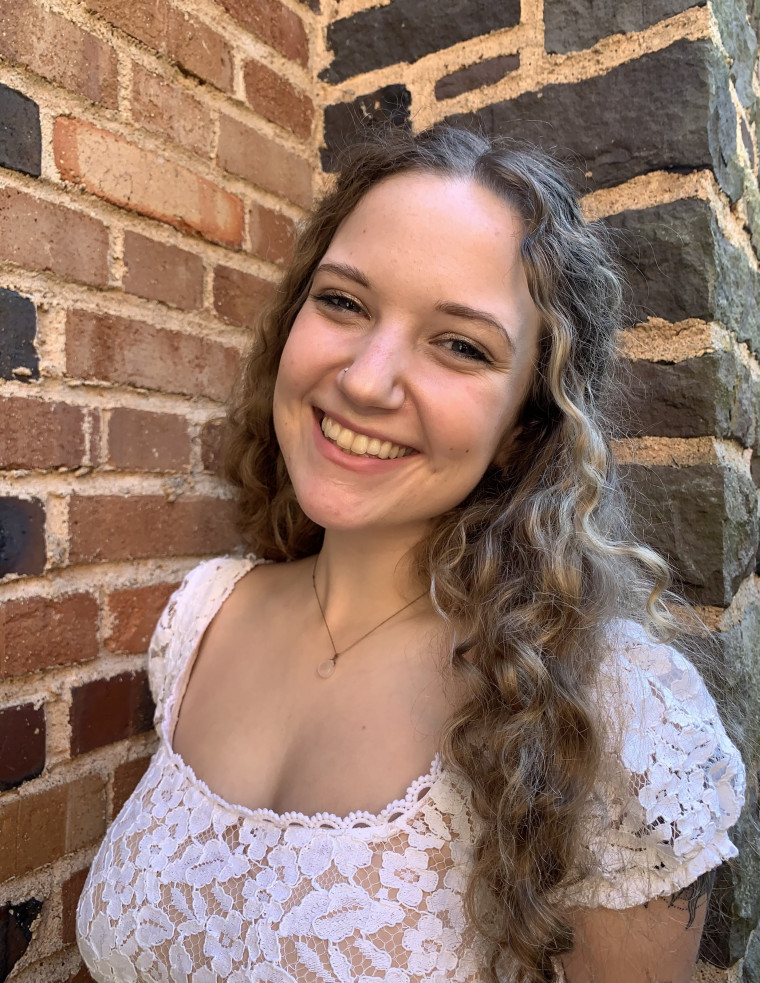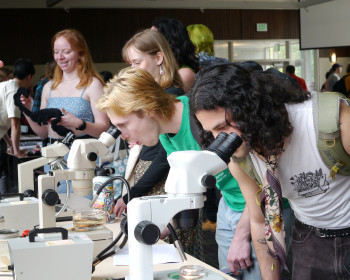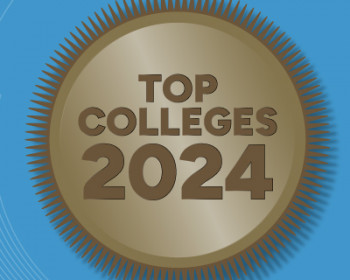Chloe Safar
I use the skills and knowledge I learned during my time at LC daily, especially in viewing the world and current social, political, and economic issues thoughtfully, critically, and compassionately.

Pronouns
Degree and Class Year
Current City
Major
Extracurriculars
Overseas study
Job Title, Organization
What three words would you use to describe L&C?
What made you want to come to Lewis & Clark?
I chose to come to Lewis & Clark because it checked all the boxes for me: a liberal arts college in the Pacific Northwest, close to home but in the “big city” of Portland, with small class sizes where I could really get to know my professors and peers, and a strong emphasis on and encouragement for studying abroad. I wanted to take classes that challenged me, pushed me, and helped me become a more thoughtful, educated, compassionate, and socially conscious individual. The courses I took and the people I met at LC have shaped my life in such a pivotal way, and I am so grateful to have had the opportunity and privilege of receiving this incredibly rewarding and impactful education.
What have you been doing since graduation?
After graduating in 2021, I spent a year serving with AmeriCorps VISTA at a local mental health and addiction recovery nonprofit, working on capacity-building projects that support low-income communities in Portland and building my professional skills in grant writing, fundraising, curriculum development, project management, community outreach, event planning, and more. Following my year of VISTA service, I was hired as development and fundraising coordinator at the same nonprofit. I love the nonprofit and the work we do in the community; and plan to continue working in the nonprofit sector because that is where my heart is. I do miss being a student and learning and growing in the ways Lewis & Clark afforded me to do so, and I would like to go back to school soon.
How did Lewis & Clark prepare you for post-college life?
I had very little experience in the key facets of my AmeriCorps VISTA project: grant writing, fundraising, and curriculum development. Yet, the skills I gained and experiences I had during my time at LC—from constantly writing essays, briefings, and research papers (including a senior thesis and two capstones) to working as an undergraduate research assistant—were key in my ability to be successful during my VISTA year and in my current role. I use the skills and knowledge I learned during my time at LC daily, especially in viewing the world and current social, political, and economic issues thoughtfully, critically, and compassionately. I was lucky enough to be able to take classes across disciplines, and particularly enjoyed the Sociology/Anthropology, History, and Gender Studies courses I took, which complimented my majors so well and taught me so much.
What would you say is the most important thing you learned at Lewis & Clark?
Through this education, the interdisciplinary classes I was able to take, and the incredible faculty and students I had the privilege of knowing, learning from, and growing with, the most important thing I learned at Lewis & Clark was how to view the world from a social justice lens. Every single class, regardless of subject matter and focus, intersected with my other courses, building knowledge around the historical and contemporary landscape of the most critical social, economic, and political issues of our time. My time at LC has helped me develop my passion for social justice and global social movements, my voice, my purpose, and my values. It has led me to a career in the nonprofit/NGO sector, and while I’m not sure what’s next, I know my Lewis & Clark education will help me get there.
Why did you major in International Affairs and Hispanic Studies?
I attended an International High School, taking I.B. classes and AP Spanish, and wanted to continue immersing myself in global affairs in college. I took intro to IA my first semester of my freshman year with my favorite professor, Dr. Elizabeth Bennett, and found my passion for human rights, worker rights, and social justice in the global economy. My International Affairs classes—from IA 100 to US Foreign Policy to Religion & Global Politics to Senior Thesis—have truly shaped who I am today, and even though I’m working at a much more local level, many of the same issues and challenges show up in my work today. I loved the International Relations field, and I loved complementing what I was learning with classes in Sociology/Anthropology, Psychology, Latin American History, Spanish Literature, and Gender Studies. I loved my Hispanic Studies classes throughout my time at LC, improving my reading, writing, and speaking skills while reading and discussing some of the most important literature from the past few centuries and their historic and sociopolitical contexts. My two majors complemented each other so well, often discussing socioeconomic and political impacts of colonialism, neocolonialism, and imperialism, social and civil rights movements, responses to neoliberalism, and more. This intersectionality shaped my senior thesis topic: a moneyless economy and feminist cooperative in Chiapas, Mexico.
How do you stay connected to Lewis & Clark as an alum?
I still keep in touch with several close friends and faculty from Lewis & Clark, and attend as many alumni events as I am able to. I also stay engaged through Lewis & Clark’s social media pages, alumni emails, and newsletters. I look forward to future Alumni Weekends, class reunions, opportunities to meet with professors, etc.!
How do you describe the liberal arts?
A holistic, rigorous, and rewarding education that welcomes nuance, complexity, and different perspectives. Liberal arts help us develop our own opinions, values, and worldviews, and critically examine the world and the many institutions, systems, and histories that impact each of our lives.
What was your favorite class? How did it expand your knowledge?
Social Justice in the Global Economy with Dr. Elizabeth A Bennett.
Where did you find your community on campus?
I found my community freshman year through my New Student Trip to the Wallowas in Eastern Oregon and through my freshman year dorm neighbors. I am still very close with some of the friends I made my first few weeks on campus, and continued to build new friendships and connections over the years through classes, events, extracurriculars, and on-campus housing.
More Admissions Stories
Admissions is located in Frank Manor House on the Undergraduate Campus.
MSC: 32
email admissions@lclark.edu
voice 503-768-7040
fax 503-768-7055
Vice President of Admissions and Financial Aid
Eric Staab
Admissions
Lewis & Clark
615 S. Palatine Hill Road MSC 32
Portland OR 97219

